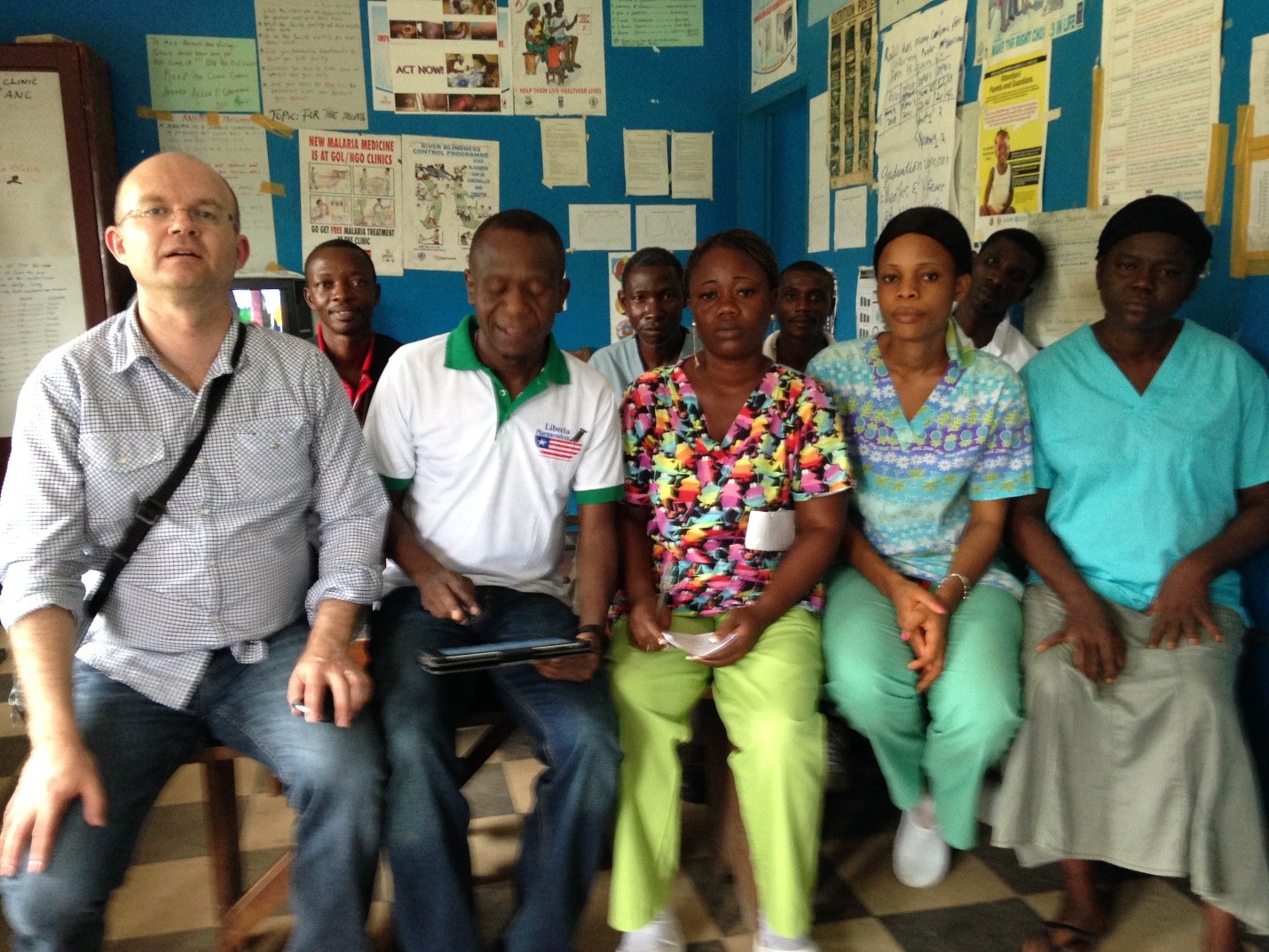In the run up to the People that Deliver Global Indaba, which will be held at the Radisson Blu Hotel in Lusaka, Zambia on 12 and 13 October, we spoke to two of the event’s organisers.
Andrew Brown, senior principal technical advisor of Management Sciences for Health and Lloyd Matowe, PtD chair and the director of Pharmaceutical Systems Africa reveal what’s in store and discuss what they hope the Global Indaba can achieve.
What is the Global Indaba?
Andrew
You might be thinking what in the world is an indaba? Well, an indaba, in the Zulu language, is a gathering or discussion. Given the originality of the Global Indaba, we thought it deserved a distinctive name. Afterall, the Global Indaba will be the event focussing on human resources for supply chain management (HR4SCM).
The main event, which will comprise plenary and breakout sessions, will take place on 12 and 13 October, while 10 and 11 October are reserved for workshops. People that Deliver is the brains behind it, supported by its coalition members, in particular the International Association of Public Health Logisticians (IAPHL), Management Sciences for Health (MSH), Pharmaceutical Systems Africa and SAPICS.
Lloyd
Just to emphasise what Andrew has said: the Global Indaba is the only event dedicated solely to HR4SCM and will centre on the theme: The missing link to maximising supply chain performance. How great is it going to be to be able to meet in person again? There’s so much value in learning from each other about what’s working, what isn’t working and how we can promote the professionalisation of the health supply chain workforce together.
I should take this chance to thank our sponsors whose support we’re incredibly grateful for: the Global Fund to Fight AIDS, Tuberculosis and Malaria, the Association For Supply Chain Management and the Partnership for Improving Supply Chain Management in Africa.
Who is the Global Indaba for?
Lloyd
We’re expecting over 200 delegates from government agencies, public and private sector health supply chain organisations, donor and multilateral organisations, professional associations, academic institutions, country registration bodies and non-governmental organisations. We’re very lucky to be joined by Zambia’s minister for health; hearing country perspectives is so invaluable, especially for development partners and the private sector.
Andrew
The Global Indaba is for people just like us: health supply chain managers and professionals, basically anyone in the public or private health supply chain looking to strengthen their workforce.
The discussions and workshops will really help countries to plan, finance, develop, support and retain the national workforces needed for the effective, efficient and sustainable management of health supply chains.
The theme of the event is human resources for supply chain management: the missing link to maximising supply chain performance; why do you think SCM is the missing link?
Andrew
Supply chain success is highly dependent on human talent; companies that invest more in the development and management of their SC employees achieve greater SC outcomes and organisational performance. If SC professionals in low and middle-income countries (LMICs) were better supported to develop their technical and managerial competencies, health commodities would be more readily available at service delivery points and we would see improvements in SC performance.
Lloyd
Just to add, I think the COVID-19 pandemic has shown how much we rely on the health supply chain workforce to ensure the access of health commodities. At the same time though, it’s shown us how much pressure this workforce is under. This is the perfect time to reflect on what we need to do to strengthen the health supply chain and in particular, the people that run it.
What are you most looking forward to about the Indaba?
Andrew
Being in a room with people of course! We’ve had to settle for Zoom and Teams for far too long. You can learn so much from corridor conversations or chats over a cup of tea. And there are going to be experts there – from the public and private sectors – who will be only too keen to share their experiences, I’m sure.
Lloyd
I second that Andrew – I think we’ve all missed these kinds of interactions.
I’d also like to add that the blend of experts and experience is what will make the Indaba so special. We’re very lucky to have such a diverse coalition of private companies, NGOs, academic institutions and professional associations: these are exactly the kinds of people who are able to promote the professionalisation agenda and ensure that health supply chains are run by enough qualified and motivated personnel. We are also looking forward to hearing from a range of health supply chain professionals from the abstracts they submit and the ideas they will share at the Indaba.
What do you think the Global Indaba can achieve?
Andrew
Given the timing in the wake of the COVID-19 pandemic, and now that we’re only eight years away from 2030 when we’re supposed to have achieved universal health coverage, we have a great chance to build some momentum and shape the supply chain agenda.
Lloyd
People that Deliver has produced some incredibly useful tools over the last few years, from the Theory of Change to the Professionalisation Framework. My hope is that we can inform more organisations and governments about these tools and best practices in HR4SCM. In the end, this is going to benefit LMICs and improve access to health commodities for those living in these countries.
Key dates
Early bird registration: closes 12 August 2022 (after this date the registration fee will increase from $250 to $300 per person)
Find out more here.

